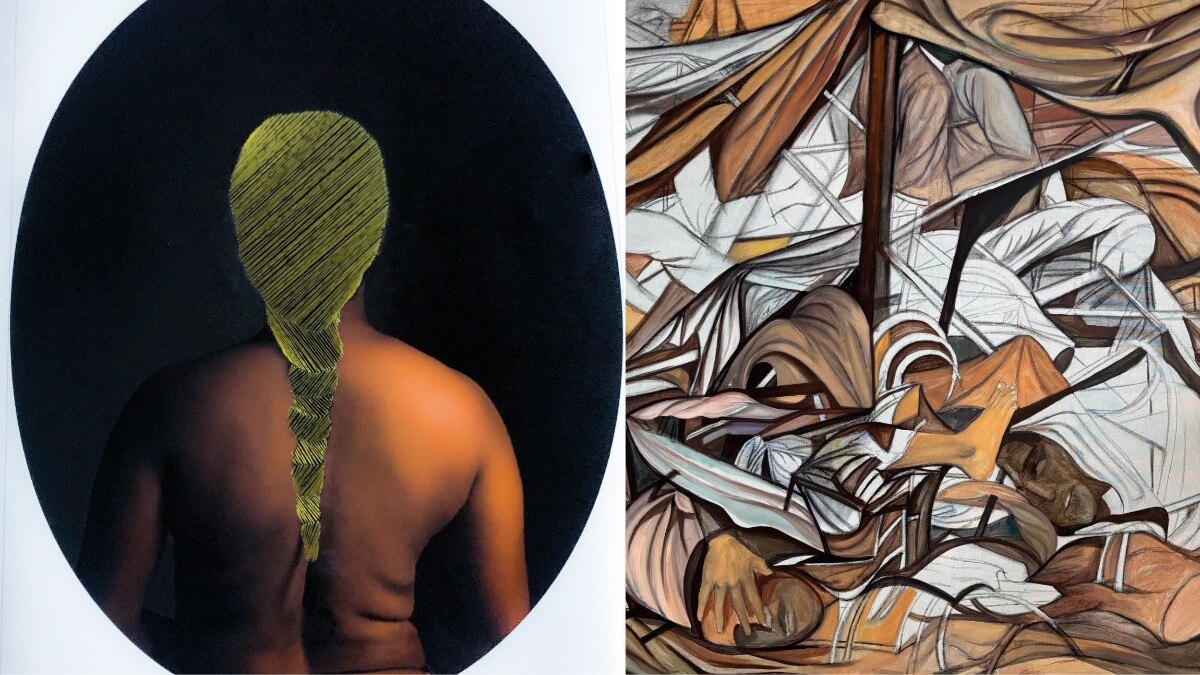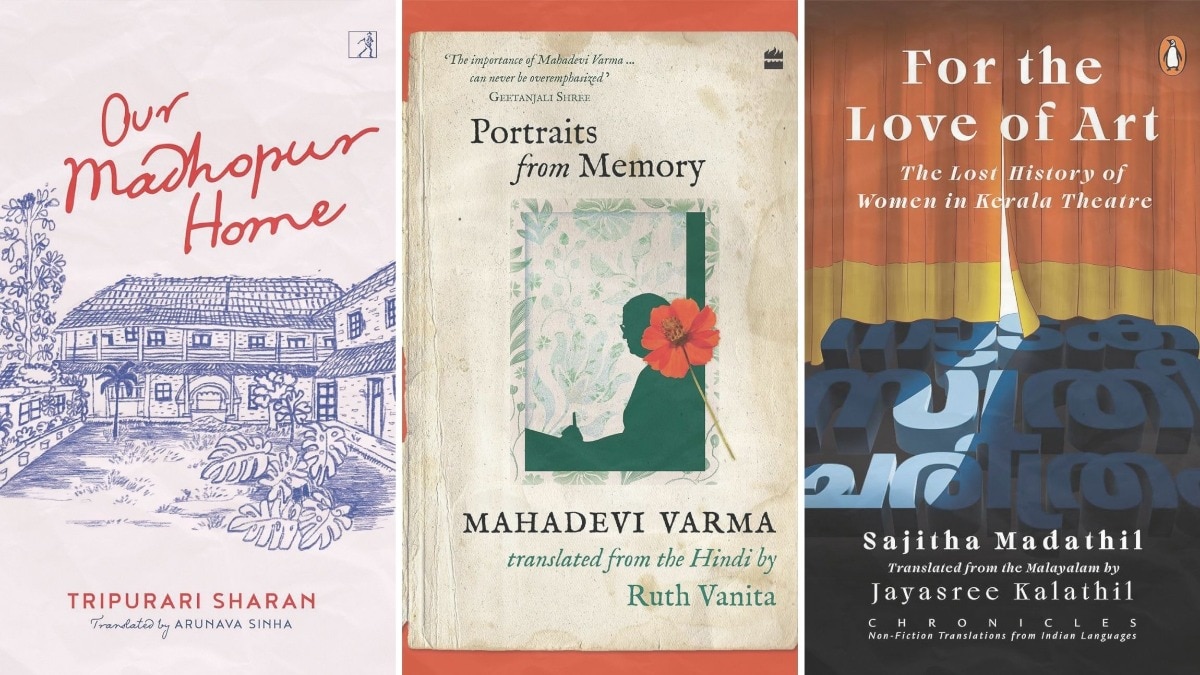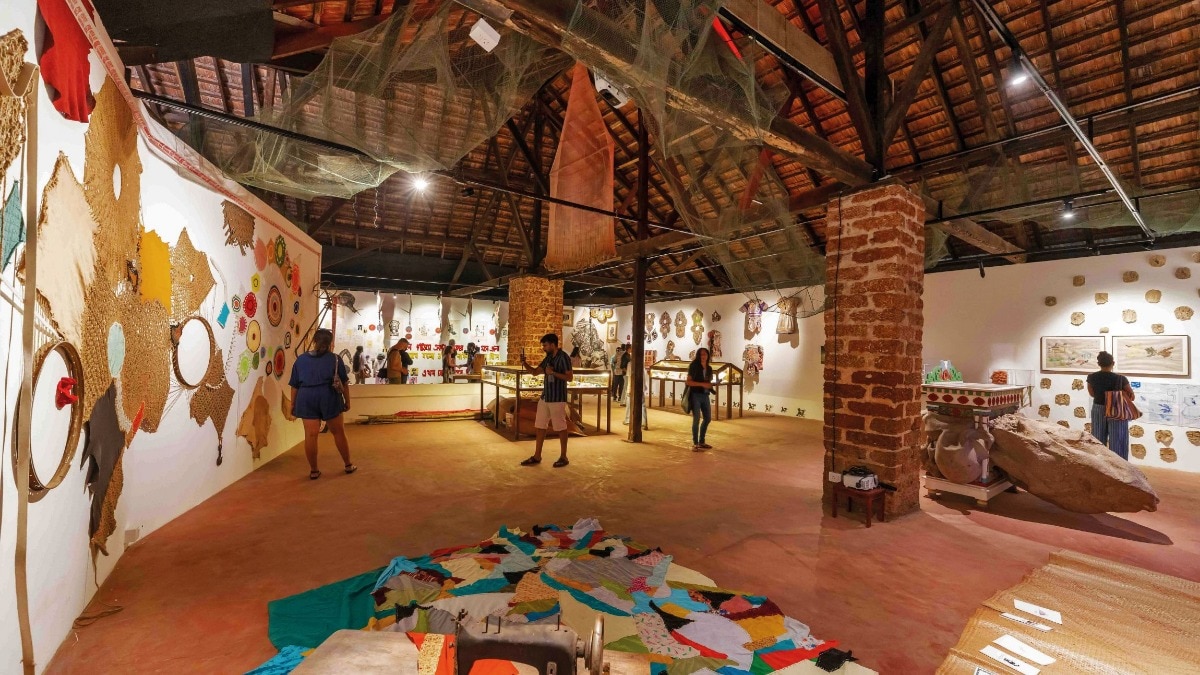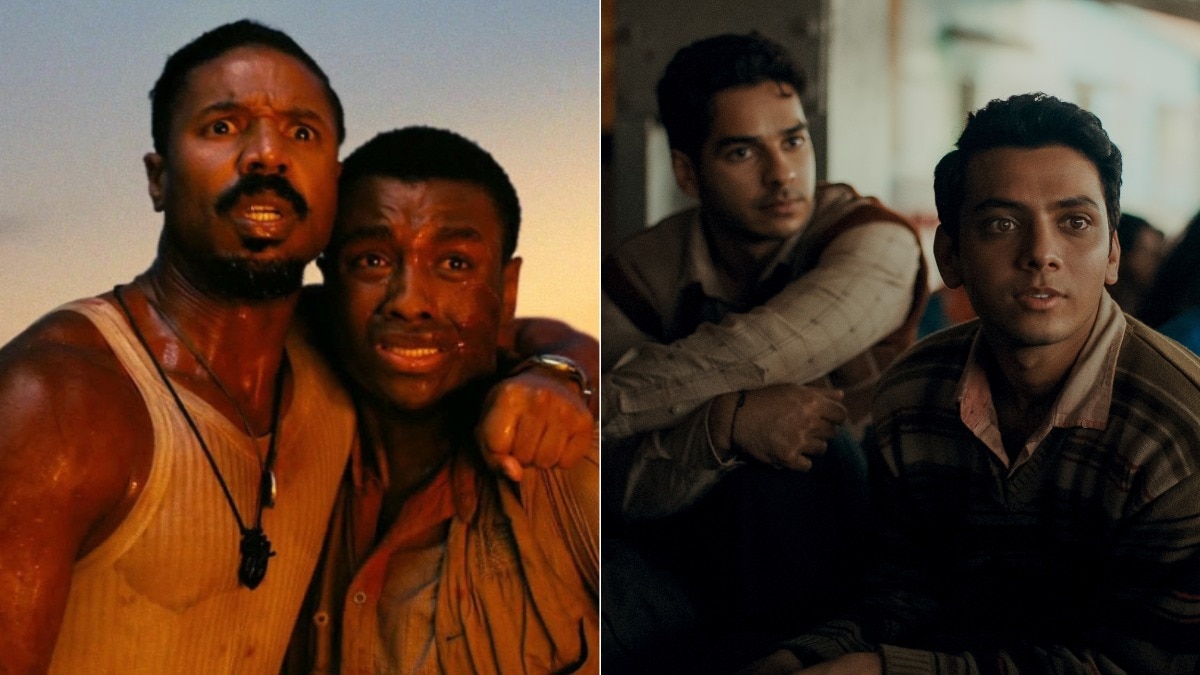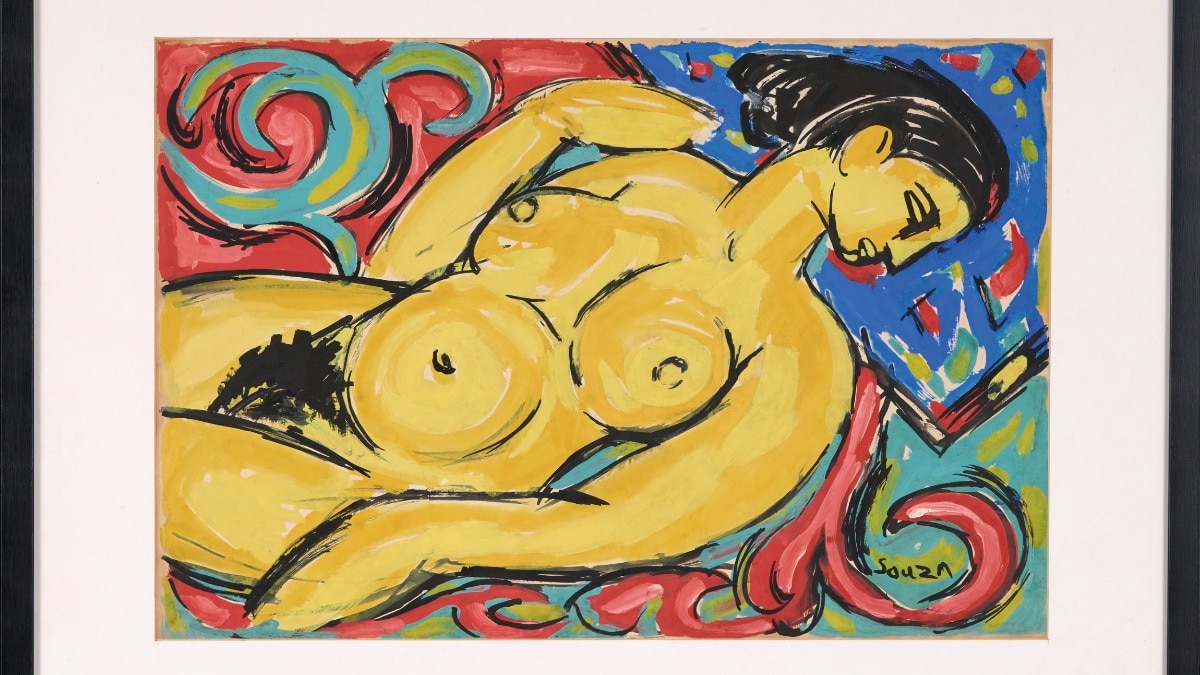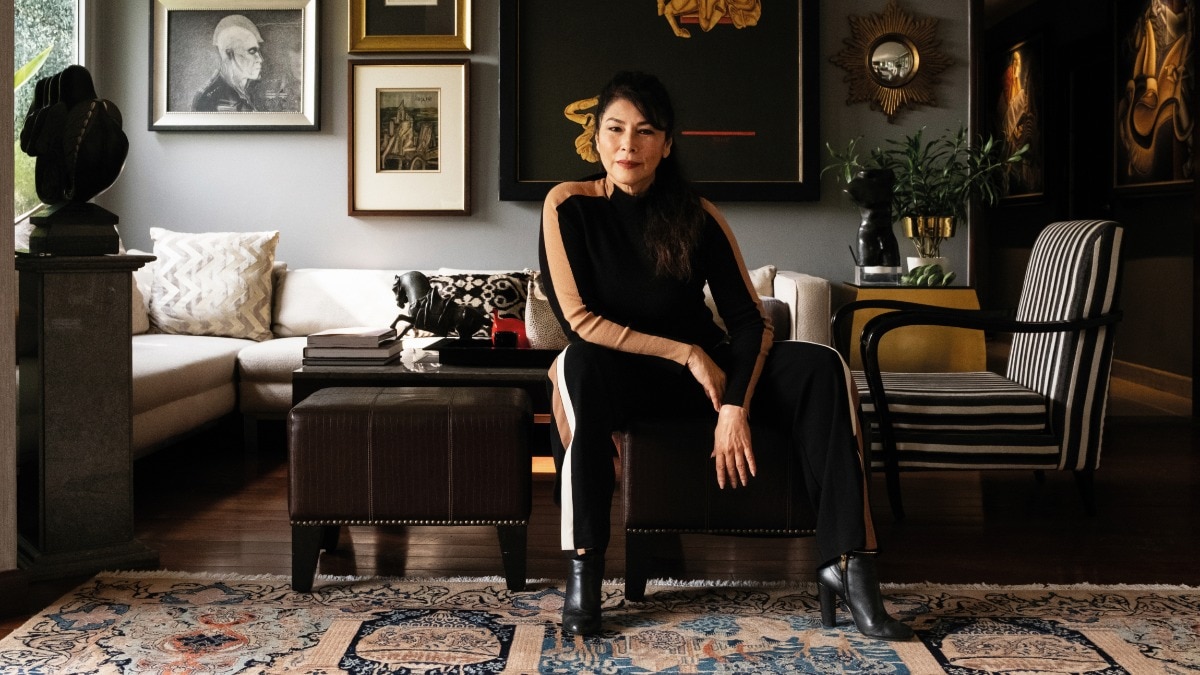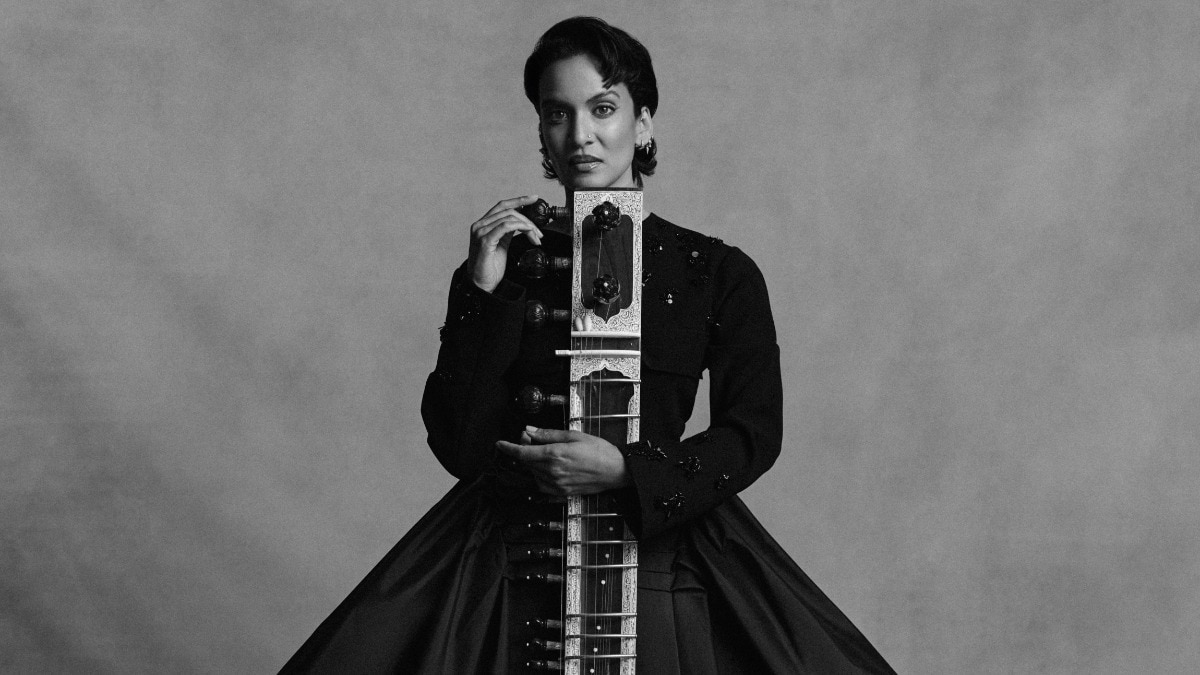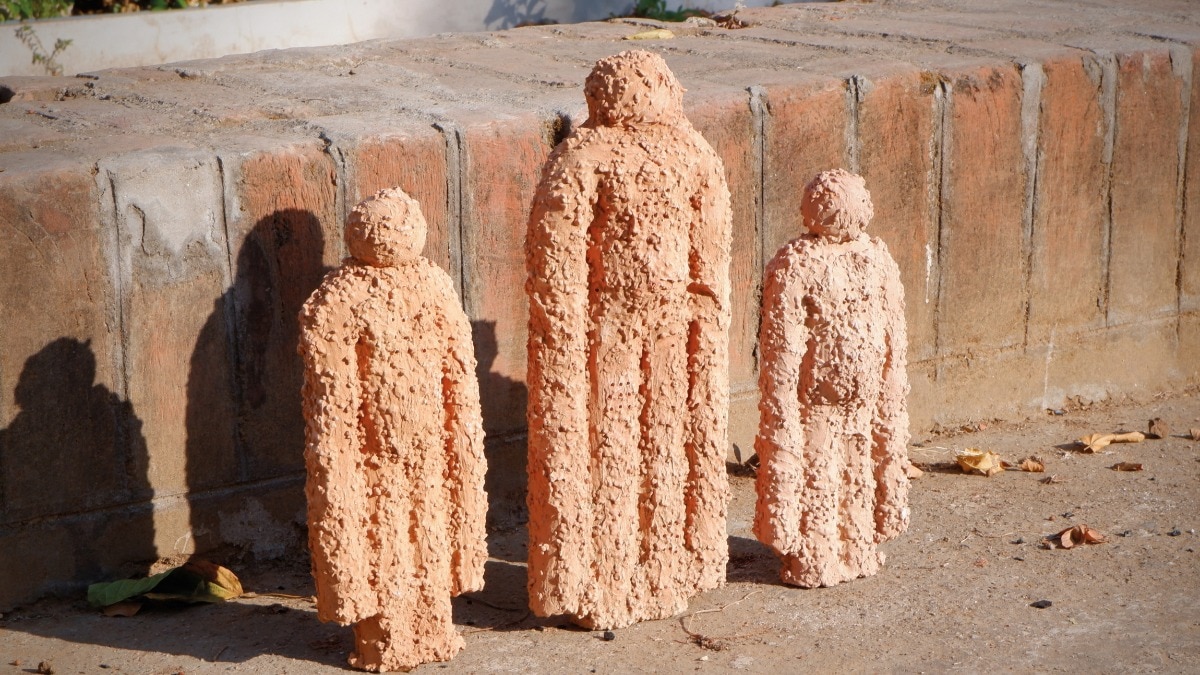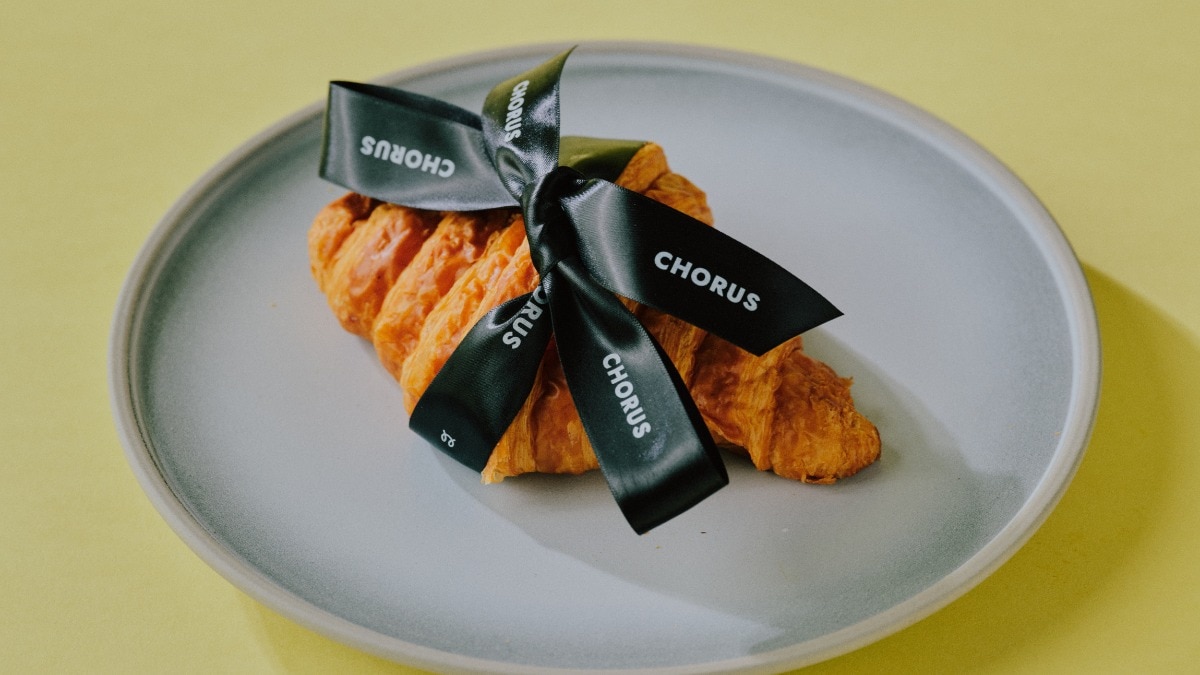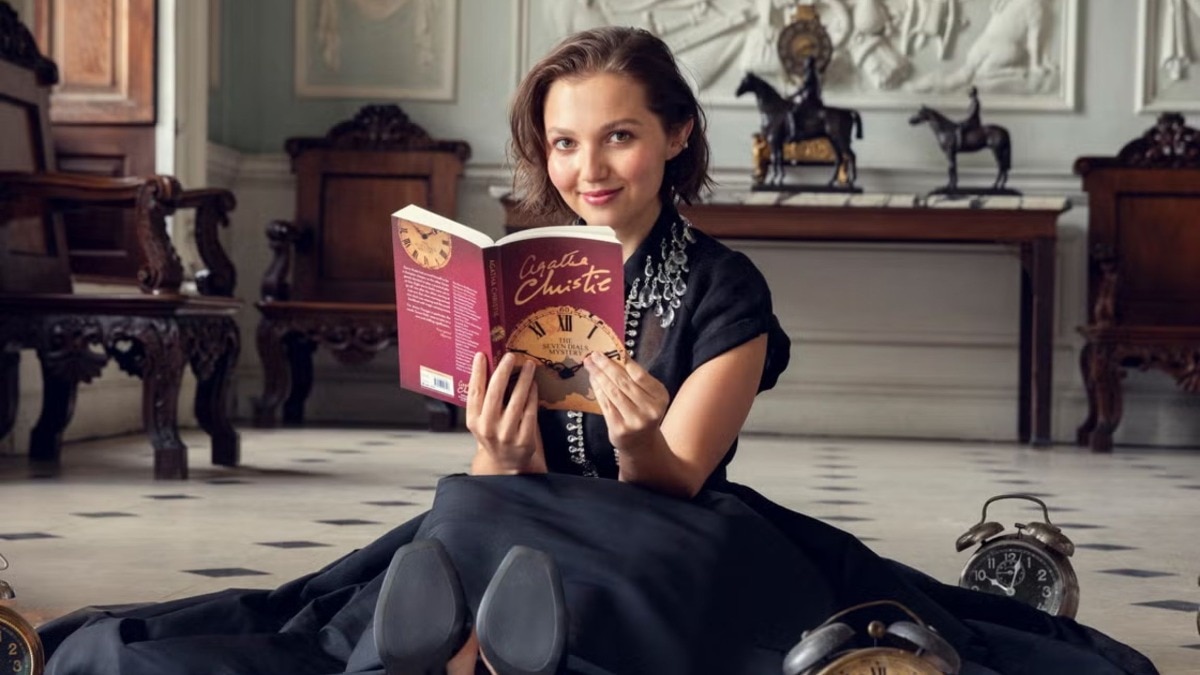Karlie Kloss on why the world of technology needs more women
A runway regular since her adolescence, the supermodel found her true vocation when she learnt coding


Karlie Kloss never intended to work in fashion. "I feel like I just fell into it—but because I started my career so young, I’ve kind of grown up in this industry," says the Chicago-born model and entrepreneur, who was discovered aged 14 at a local benefit show and made her catwalk debut two years later at New York Fashion Week. "I’ve seen not only the incredible artistry involved, but also the power that comes from building a brand."
She cites female businesswomen such as the designer Carolina Herrera—who gave Kloss her first opportunity to open a show in 2008—as an influence on the professional choices she has made, which have been consistently bold and increasingly unexpected. In 2015, nine years into a modelling career that had seen her front campaigns for brands from Lanvin to Louis Vuitton, she took control of her own narrative by launching a YouTube channel, Klossy, which she used to share behind-the-scenes clips of her life in fashion before such revelations were the norm. "At the time, it was a bit controversial that I was bringing my camera backstage on a shoot or travelling to a show. You know, models are traditionally seen and not heard,’ she says, ‘and this was one of the first times I got to show people I could actually talk."

Not only did Kloss want to talk, she also wanted to learn. That same year, she ended her two-year contract with Victoria’s Secret, blaming scheduling conflicts (she later admitted that the decision was motivated by a growing sense of discomfort with the brand’s values), and took part in a summer camp where she was introduced to the basics of coding. "I was craving more of a challenge, intellectually and personally, and frankly feeling a little burnt out," she says. "Learning to code was an eye-opening experience for me, because it made me realise, wow, if I’m not formally educated and I can figure it out, other young women need to have access to these opportunities and skills too."
Hence the establishment of Kode With Klossy, an initiative founded in partnership with New York’s Flatiron School and Code.org to offer free access to coding camps for girls interested in computer science and software engineering. What started as a 20-person scholarship has since evolved into a programme that welcomes 4,000 students annually, with a curriculum that includes website development, app building and elements of AI and machine learning. "I feel very strongly that if the engineering industry only has the perspectives of white men of a certain age – which was certainly the case when I started this project—that’s just far too narrow," she says. "Imagine the ideas that can get developed if we have people from all walks of life coming up with solutions to the problems they’re experiencing."
Kloss certainly isn’t short of ideas of her own. Most recently, she teamed up with the online-gaming platform Roblox to launch five digital pop-up shops stocked with selected designer pieces that players could purchase using the platform’s virtual currency, Robux, over a fortnight in July, essentially transferring the concept of a limited-edition "drop" to the metaverse. "I wanted to bridge the gap between the two worlds that I love—fashion and technology—because at the moment I think we’re just scratching the surface of what we can do with this more immersive way of connecting and communicating," she says. "Women’s contributions are vital if we are to avoid recreating real-world inequalities in the metaverse," adds Kloss. "When you’re building an algorithm, or any kind of technology that’s reaching a lot of people, you need diversity of thought and life experience."

The same goes for the way businesses should be run, which is what prompted Kloss to accept positions on the boards of Serena Williams’ media company Oath and the private women’s liberal-arts institution Barnard College—despite, by her own admission, feeling initially out of her comfort zone in a boardroom environment. "When I first joined the meetings, I was really timid and insecure in my own voice," she says. "I thought, 'What can I possibly contribute among all these other people who are so much smarter and older and more experienced than I am?' It wasn’t until I’d done a few meetings that I finally worked up the nerve to realise, actually, I could represent a view in this conversation that would otherwise not get represented."
Part of her purpose in founding Kode With Klossy is to give young women the confidence to recognise their own potential and stand up for what they believe in, regardless of whether they end up working in science, engineering or another discipline altogether. "I still remember how I felt when I opened my first show at 15—so powerful, and seen in a way I’d never experienced before," she reflects. "I think there’s a parallel with the kind of self-realisation some of the girls in our community go through—it’s like something shifts within them."
Kloss turned 30 in August, having been in the public eye for more than half her lifetime. She remains active on social media, though since getting married in 2018 (her husband is Joshua Kushner, the Democrat brother of Donald Trump’s son-in-law) and giving birth to her son Levi last year, she is more careful about what she reveals about herself. "I’ve learnt to find a balance, and to have parts of my life that are just mine," she says. "I believe if you’re intentional about how you use it, technology can be a power for good." If even half of her scholars share that conviction, we might finally have a shot at building the world women want.
This piece originally appeared in the print edition of Harper's Bazaar UK.

